Den 12 augusti höll Christian det här föredraget (förinspelat, med efterföljande samtal på Zoom) på en konferens för kristna läkare i Göteborg.
***
Ladies and gentlemen, I am honoured by your request to deliver a lecture on Zeitgeist and Covid-19.
The very fact that the subject of this lecture is given in German indicates that the subject is not easily conveyed into English. A translation is in fact almost impossible.
The basic meaning of Zeit is time, not any time or time as such but time as an epoch, a distinct time, different from other times. This implies that there are such discernible moments in history, that have a common mentality, common notions, common problems, despairs, words and thoughts. All this is self-evident in what we would call Zeit or time. Indeed, it is so self-evident that it is rarely mentioned, if mentioned at all. It is just taken for granted, just as the reality that Plato called idea and Aristotle form, a factor which as from within forms and affects the whole phenomenon in question.
Geist – spirit – is a non-material reality, which nonetheless imprints the material reality. We discern the material reality – its possibilities and its shortcomings – through the lens given to us by the Geist of our time. By using the term Zeitgeist we implicate that reality is both material and non-material, i.e. spiritual.
Are there any English equivalents of Zeitgeist? We could speak of Spirit of Modernity, which again presupposes that there is something like spirit – a non-material reality – a something that is modern. By modernity is generally meant the epoch from1700 onwards, die Neuzeit. What was self-evident in centuries past declines in the decades after 1700: the existence of an active God, the responsibility before God, the duties implied in a relation with God, the possibilities of a richer life given in the salvation by Jesus Christ and in the sending of the Holy Spirit – in short, in the Kingdom of God. This reality gradually fades away and is succeeded by the conviction that the options for a better life are all in the hands of humankind. In the notion of modernity, there is a conviction that this transformation of horizon is a positive development. Man now exists on a higher level than in posterity. What is past was consequently a lower level. The spirit of modernity is a mentality of self-admiration.
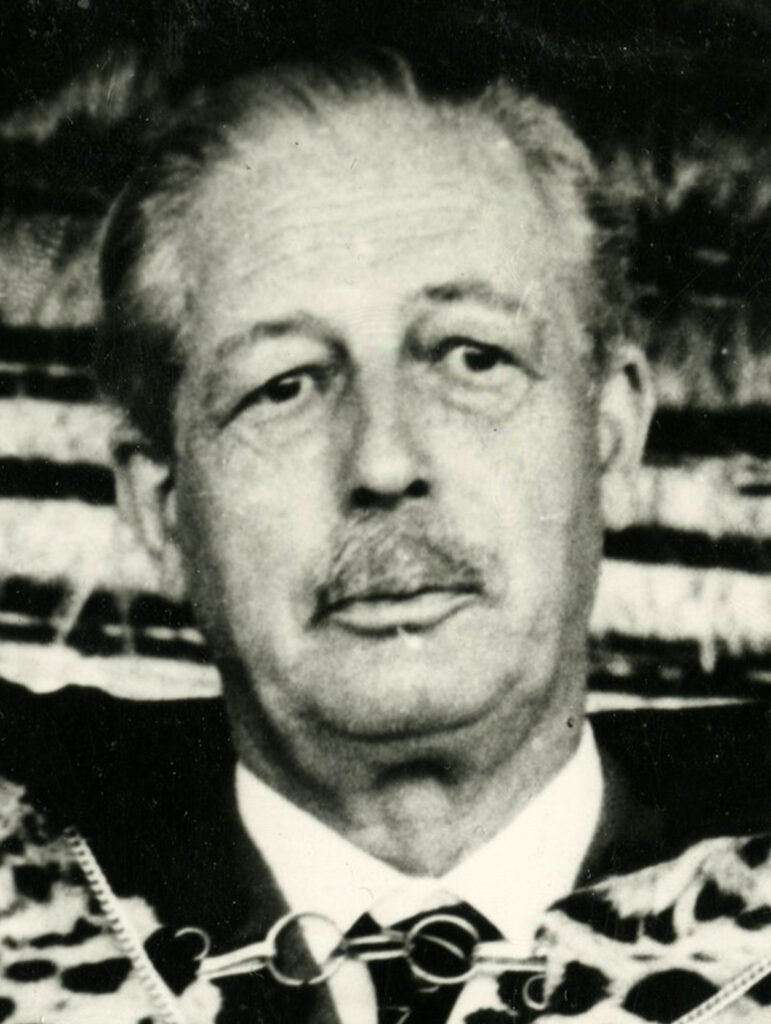
In one of his election-campaigns, British Prime Minister Harold Macmillan launched the motto: ”You have never had it so good.” This is the spirit of modernity.
Before we make an attempt to understand our own epoch, we are confronted with a difficulty that may seem insurmountable: We are a part of that epoch, which we want to understand.
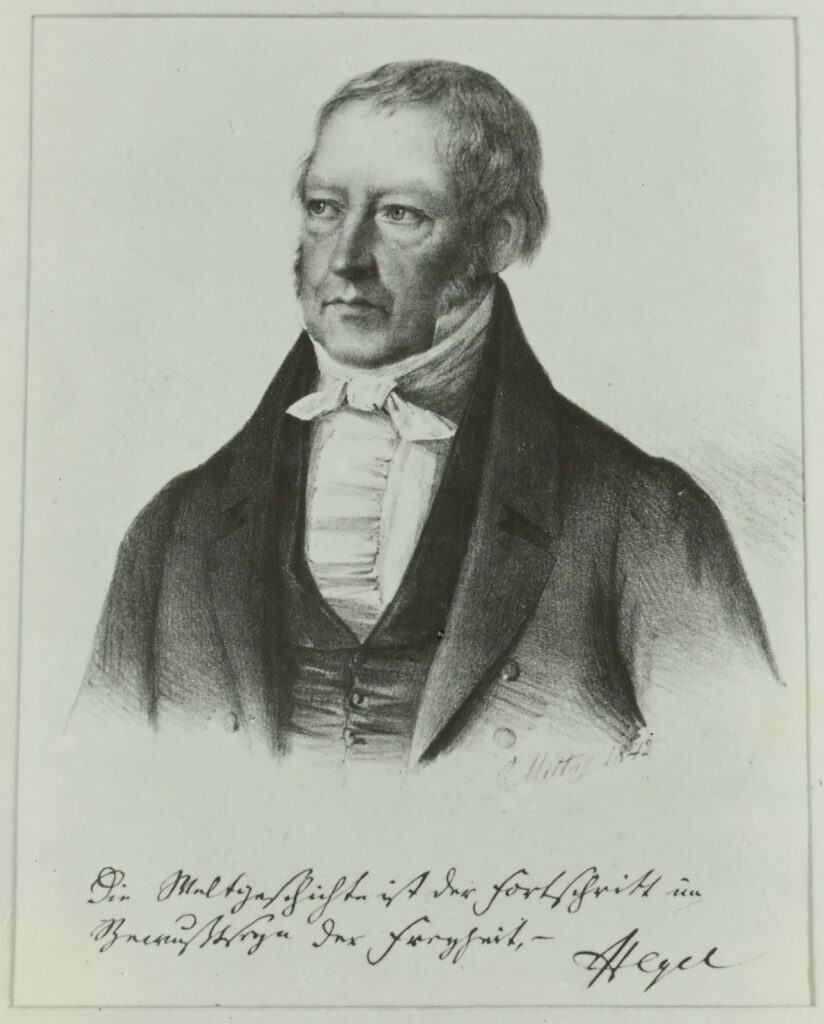
Hegel wrote: ”The owl of Minerva spreads its wings only with the coming of the dusk.” The true reflection of an age can only occur when it enters its decline. Still, our very effort to understand our own epoch may be a sign, that its end is approaching.
The spirit of modernity may also be described as the contemporary spirit. The word contemporary implies that there is a coexistence – con – with the present time – temporary. We are in touch with our time, indeed, we are a part of our time. As the others think, feel, remember, act – so do I. I cannot question the time, of which I am part. In the history of mankind, I can conceive of no better time than the present. This is what it means to be contemporary. Still, contemporality has also a down-side. We find it in modern art, music and poetry. Even though we consider our own age superior to previous ones, rarely do these cultural expressions exhibit a sense of wellbeing in these superior times. Very seldom they exhibit a sense of wellbeing in the best of all times. Instead they voice a feeling of desperation, loss of identity, loss of reality. Modernistic music as well as modern visual art and architecture express a loss of contact with the living world and tend to create worlds of their own, abstract, cold and lifeless. We shall keep this ambivalence in mind, when we now continue our quest for the spirit of modernity, the Zeitgeist.
We will concentrate on three aspects of modernity and reflect on the influence Covid-19 may have had or still has on them.
Monism. The spirit of modernity knows but one world, the world known by the senses und understood by logic. This means that the world is logical and possible to understand and describe within the bounds of logic and language. As logic being a human faculty, the conclusion is that the world can be governed by and consequently be exploited by man. The world is the Kingdom of Man. There is no metaphysical order where man has his given place, there is only one world, where man is the very centre from which everything is or can be regulated. When we describe this mentality as modern, the idea of modernity should be traced as far back as in Renaissance.
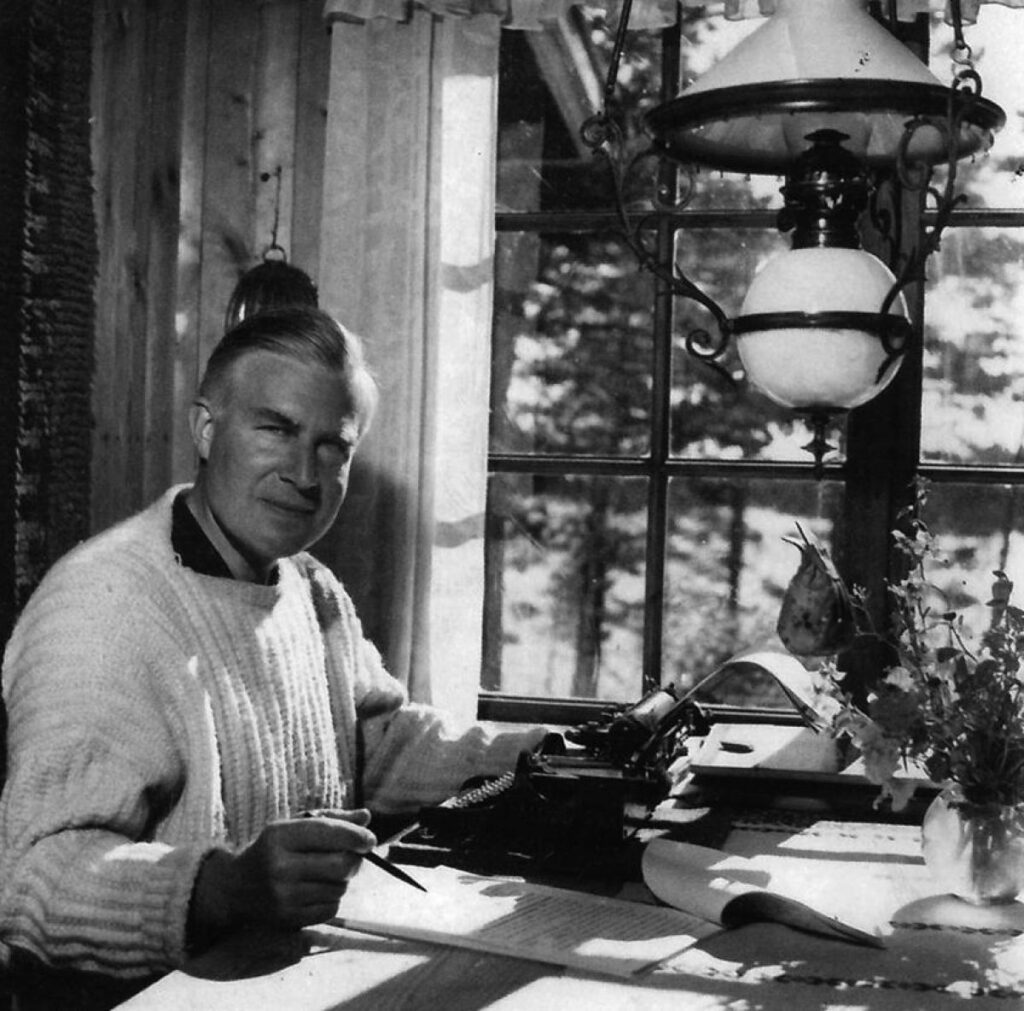
The Finnish philosopher Georg Henrik von Wright writes that in the statutes of the Royal Society 1660, the relation between science and world is described as a rape. With might science should intrude into the innermost of nature. This attitude to the world is void of reverence, awe and respect. Why? Because there is nothing higher than Man. When we speak of monism as an aspect of modernity, we could even say that Man himself is the one world in the sense that the rest of the world represents a value only in its relation to Man.
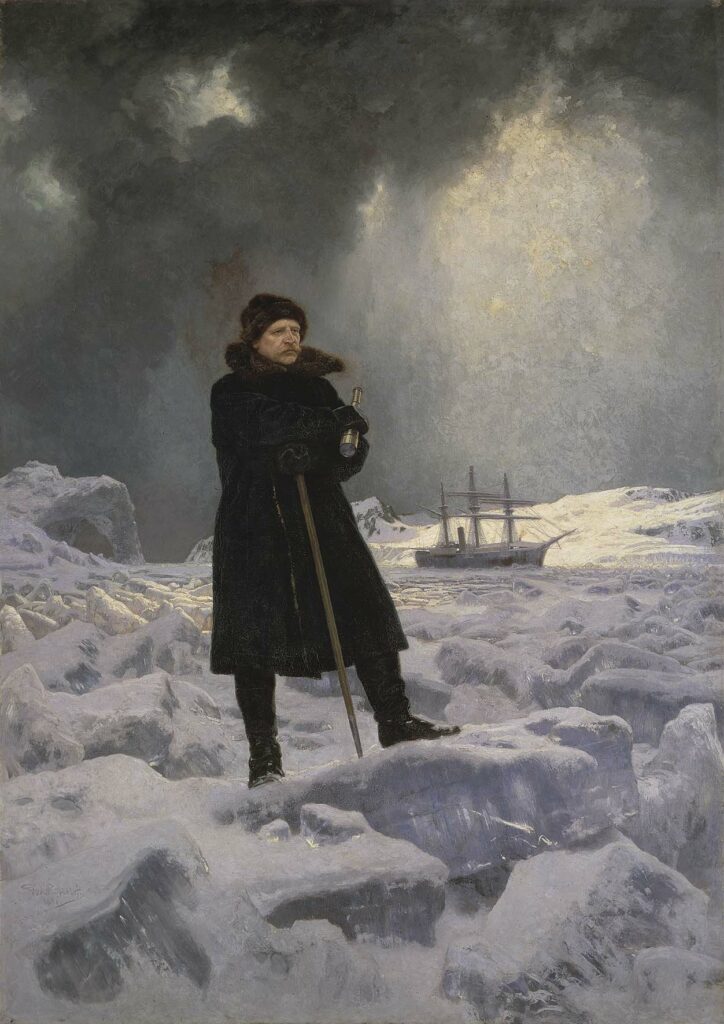
The well-known portrait of the Finnish Arctic explorer Adolf Erik Nordenskiöld is a symbol of Man as King of the world. *
Has the experience of Covid-19 had any influence on the concept of monism and the Kingdom of Man? Apparently, the concept of monism has not been affected, but what we have called the Kingdom of Man is severely shaken. Seldom have so many scientists so often said: ”We do not know.” And even if vaccination may have diminished the spread of the virus, new and more aggressive forms spread at a rate which is unforeseeable. No end of the pandemic is as yet to be seen, in spite of world-wide scientific labour. The one world of monism is no more the helpless victim of rape. The world hits back. Man is no more King of the world.
Evolution. The concept of evolution implies the materia out of its own nature evolves in an unending series of new forms of which some are degenerated and soon disappear and others are more developed and survive. The survival of the fittest is the very principle of evolution. In the spirit of modernity, evolution first of all applies to Man and to science. Man’s world becomes better and better. In this way the Western nations also regard their political and social systems. The Western liberal democracy is viewed as the best political system ever in the history of mankind, as well as in the totality of contemporary earth. The solution of the problems of all peoples and cultures lies in the introduction of Western democracy and Western values. This notion can only be understood with its background in evolution. There is a hidden ambivalence in the notion of evolution as applied on both democracy and science. Democracy is founded on a set of values, commonly called human rights, such as the equality of man. These values have no scientific ground, in fact, sciences are evolutionary also in the sense that the more developed, the ”best fitted” are more valued, more respected, more influential than the less gifted. Democracy is quantitative, science is qualitative.
What impact may Covid-19 have had on the notion of evolution? One aspect may be, that the world out of itself evolves dangers, mortal to the human race. Evolution can be negative. Another aspect, related to the quell of the pandemic – Wuhan – is the possibility that the pandemic is produced by Man. If so, the development of Man may end in Mans self-destruction. Quite early the mad scientist was one of the nightmares of science fiction. Today he is nearer to fact than to fiction.
Utopia. This notion was created by the Greeks to describe a perfect society, to which their own politicians could compare their own strivings and successes. The Greeks never thought that their notion of Utopia would be a reality, neither did Renaissance. With Enlightenment, the mood changed, and in the French revolution, a first attempt was made, a new society where all ties to the old order were cut off, even the calendar.
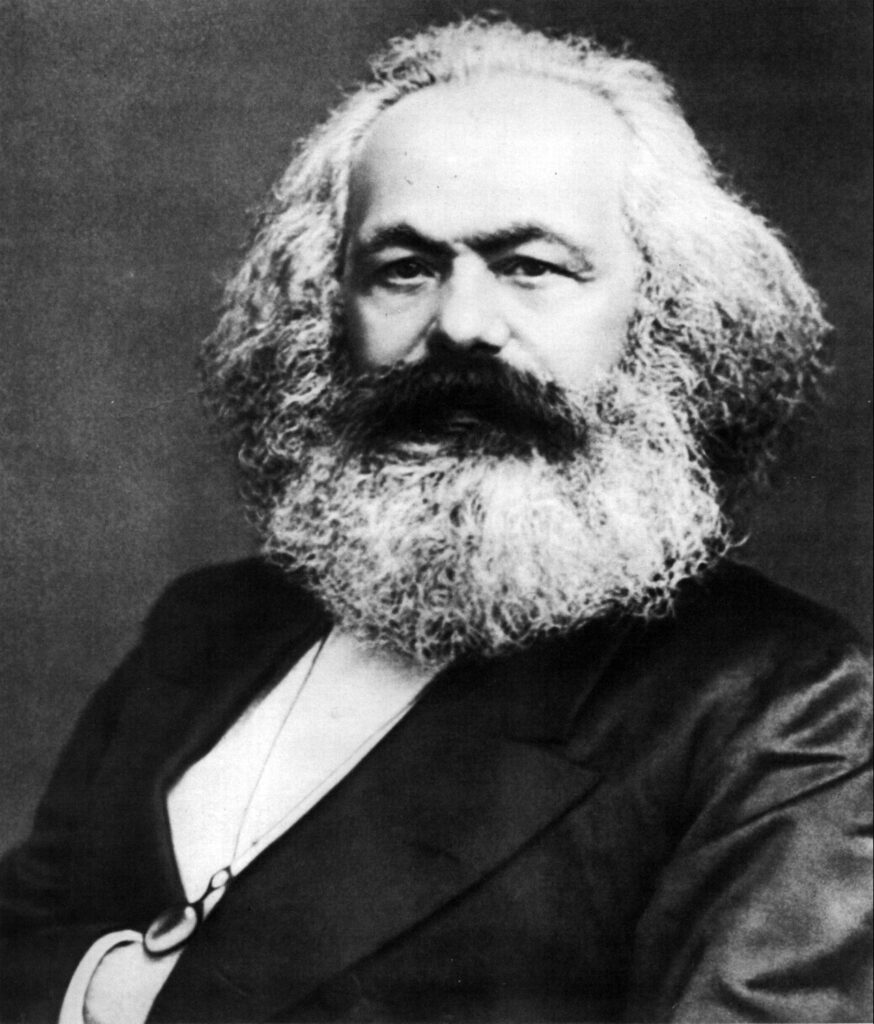
The utopians of the following century, and foremost Karl Marx, developed new visions which had one aspect in common, the notion of the complete society realized on earth. The exploitation of the resources of earth, such as oil, have given the Western societies economic margins that allow a life in abundance to great sectors of the population and social security to most. Utopia is near.
Covid-19 has suddenly exposed the near-realized Utopia with challenges very few had imagined. The near-realized Utopia promises security, confidence and safety to all, and suddenly there is no security at all. Anyone can be bearer of the virus, anyone can be a deadly risk to anyone, even to his own family and friends. No one knows if there will ever be the life we used to live. *
What is the Christian answer to the questions that the spread of Covid-19 has put to the spirit of modernity? The Christian answer is that these questions are highly relevant. The notion of monism meant that there is but one world and that Man is King of this world. This is questioned by Covid-19. There is more than human senses and logic can discern. There are demonic factors as well as divine protection, there is the horrifying vision of being left alone to the uproar of creation and to the demonic wrath in an existence deserted by God. But there is also the assurance of God’s mercy in Christ, that divine compassion can turn even the worst into the best, as with the cross of Christ.
Covid-19 not only questions the Kingdom of Man, it also questions the concept of evolution. This is true also of divine revelation, even more than so, divine revelation reveals that history is more and something else than the self-evolution if potentials in materia, history is viewed and led by living God, mysteriously and sometimes in contradictory and paradoxical ways, to its final end, the Kingdom of God in glory.
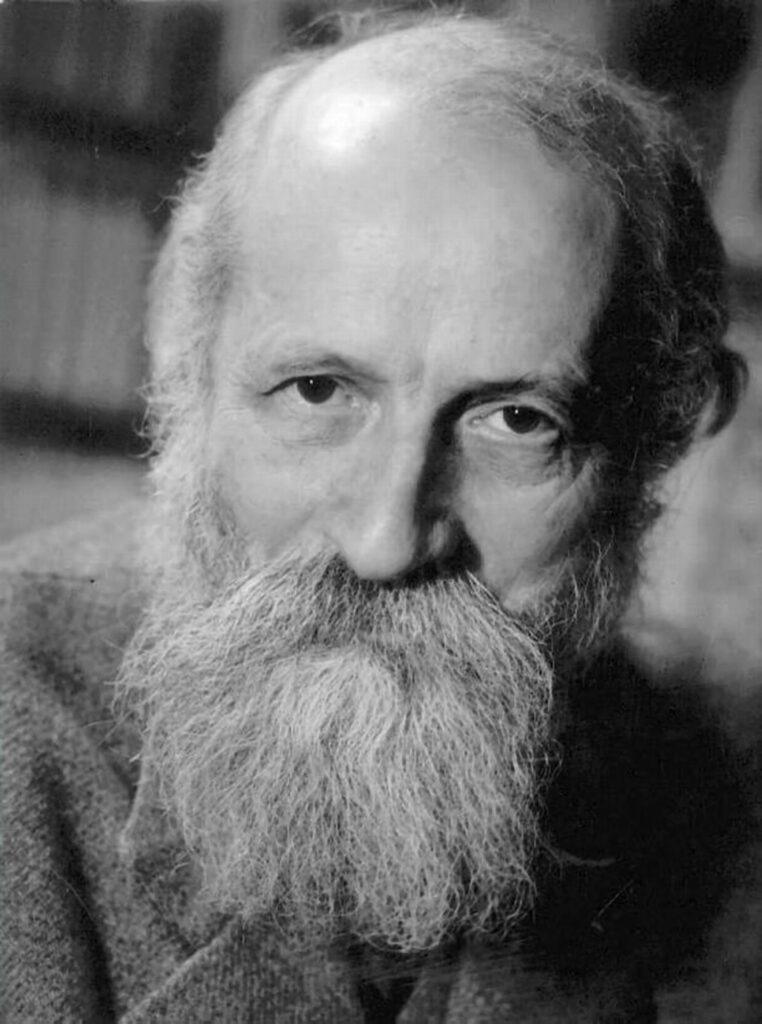
Martin Buber has said: ”History is not the speech of God from his throne, it is his dialogue with mankind.”
In history, God lets us meet with tribulations, and possibilities, options and defeats where we are tempted, proved, strengthened and weakened – all with the ultimate goal of Man in sight – sanctity. It is not within the bounds of possibility to Man to control his full existence, it has never been and will never be. The notion of evolution must have a fixed point of what is best and good, only then transformations and changes can be identified as either good or bad, as progress or decay. This has been strongly underlined by Georg Henrik von Wright.
And lastly, Covid-19 questions the notion of Utopia, the perfect society. Human existence on earth will never be perfect, but Man’s never-ending quest for the good life reveals his call for eternity and bliss. All attempts to attain this within time have ended with despair and self-debasement, in the life of the individual as well as in the nations. We are created for more than time – for eternity and sanctity.